Staying safe on the internet is something that a lot of people want, simply because the number of ways someone can be tricked into getting their identity or data stolen is progressively increasing as each year goes by.
Back when the internet appeared, not everyone knew about security, but there weren’t many hackers out there as well. However, both of these things saw a huge rise proportionally, so even if we have some of the most sophisticated antivirus and anti-malware programs today, the skill-cap of people with bad intentions behind the screen is also improved.
In this article, we are going to talk about some of the best ways you can protect your online privacy while browsing the internet in 2024, so if you are currently interested in having fun and remaining safe at the same time, we suggest that you keep reading until the end.
Contents
Why privacy?

Source: DNA India
Not many people know what they’re risking when exposed to security flaws while browsing the internet, and this is especially common in the elder population since their knowledge in technology has some flaws.
The answer to this question is everything. You can lose your credit card information, you can lose your passwords to your social media account, and in some harsher cases, you can even get your local files stolen, such as photographs, videos and all that. Since the world is currently going through a quarantine phase due to the spread of the Corona Virus, a lot of people will stay home and browse the internet, so let’s take a look at some of the best ways to protect yourself.
1. Stay away from non-secure sites
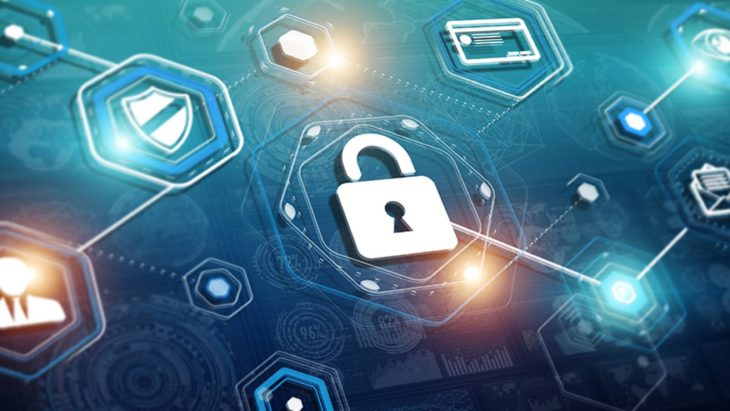
Source: PCMag
When you are visiting a certain website, if its created by an unknown person without any certificates or reputation, at the top right corner in your browser you will see a “not secure” text, right to the left of the URL bar.
When it comes to visiting these sites, it can happen to anyone, and sometimes they cannot be avoided, so if you ever stumble upon one, it’s not the end of the world, just make sure not to input any sensitive info such as logins and passwords, and you’ll be good to go.
As long as you stick to the official sites, such as Facebook, Twitter, Instagram, Reddit, and the other famous ones, you’ll be completely fine. However, curiosity sometimes takes over, so people want to keep exploring, and this is where other precautions need to be taken into consideration.
2. Use a VPN
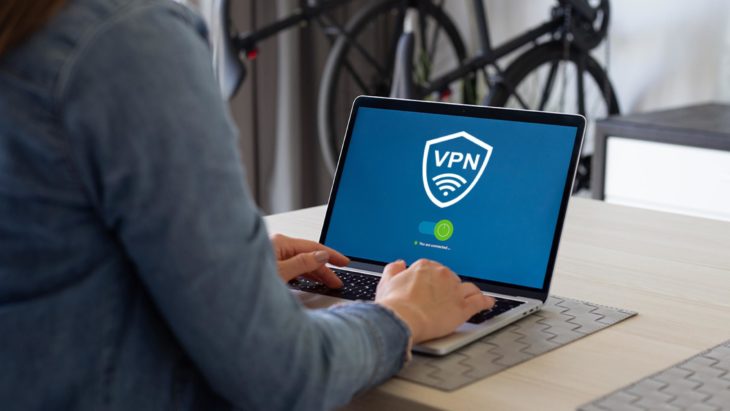
A VPN stands short for “Virtual Private Network”, and since we’re trying to keep this guide as simple and engaging as possible, we’re not going to go in-depth about how VPN’s work. However, it’s very easy to use one, and you don’t even have to pay for it anymore since there are hundreds of companies offering free service, you just have to find them. One great example of a top-quality VPN is Urban-VPN, so make sure to visit them and see what they have to offer.
Whenever you are browsing with a virtual private network, your IP address is completely hidden, so even if someone manages to find and exploit which allows them to see the IP of a certain user, they won’t be able to tell what your real one is. This is very important for preventing things such as DDOS attacks.
3. Don’t download unverified files
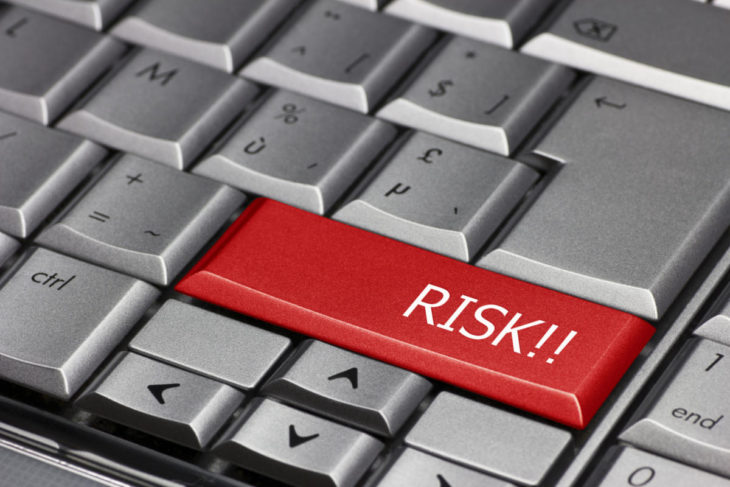
Source: CIO.com
Most of the backdoors and data-thefts are done through potholes and backdoors, and most of these things can be disguised as some random programs which are meant to “help the condition of your computer”.
Windows 10 already has a nicely-functioning Windows Defender which can prevent most of these entering your PC, but some hackers know how to hide them well, so much that they’re completely undetectable by the defender. This is where you can help yourself by avoiding all sorts of downloads from unverified and sketchy websites. Download only from trusted websites and always double-check.
4. Never give your info to anyone
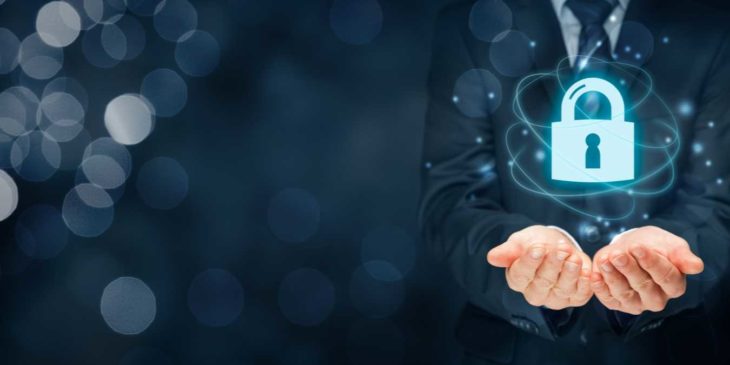
Source: Make Tech Easier
A very common trick that exists for a long time is when someone pretends to be a helpful person on the internet and asks for the user-information of a person who’s desperate for help with either an account or something else.
Whenever you are contacting the customer support of an official company, such as Instagram for example, they’ll never ask for your username and password because they have other ways of accessing your account and helping you with whatever it is that you need help with.
If someone pretends to be a part of a personal-support team, and they ask for your login credentials, don’t tell them anything and immediately block all contact. Numerous users have been scammed this way, so companies started writing messages such as: “A real customer-support member will never ask for your login information, don’t give your password to anyone” on their official websites, especially on the support pages.
5. Don’t let anyone else use your computer
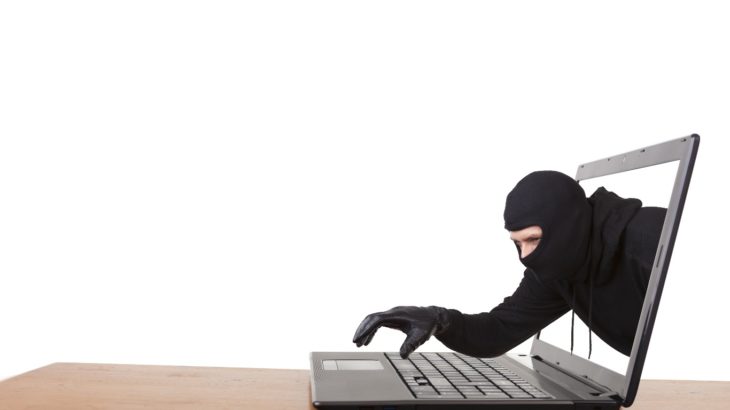
Source: BT.com
Last but not least, this security measure is something that’s going to make the most impact when it comes to safety. Do not let anyone use your computer, and it’s called a “personal computer” for a reason. You never know what someone else can do with your online accounts while you are gone, so remember to keep things as personal as possible, and always pay a lot of attention even if you do end up letting someone use your PC for a while.
Make sure that you always log out of all of your accounts when you finish using a public computer. We all have to use one from time to time, even if we have our own at home. Double-check if everything is logged out properly, and never choose the “remember password” option if you are using a public PC. Check this only at home, and remember to put a password on your PC that nobody else knows except you.
Remember that for almost all online accounts, you are the only person responsible for every activity on it, so even if someone else does something bad in your name, it’s still your fault.
